This time a decade ago, Top Gear was riding incredibly high having already been on air for twelve years. The show was going from strength to strength, trying new things, tweaking the format, increasing budgets but staying loyal to BBC2 despite its second-string reputation.
An ill-fated Australian version had come and gone and several moderately popular ones, notably in the US and Korea had been mounted or would be soon. It was a global juggernaut with or without the local editions.
The Russian one was as successful as a more recent Russian attempt to copy something else (Nazis, if you’re wondering) and quite a few sank almost without a trace. In fact the Russian one was so poorly-received the broadcaster switched back to showing UK episodes. Another eerie parallel…
But in 2024, it’s all a bit grim. The UK version of Top Gear is on hiatus after a scandalously reckless production team nearly killed host Andrew Freddie Flintoff in 2022, leaving him with broken ribs and a badly scarred face.
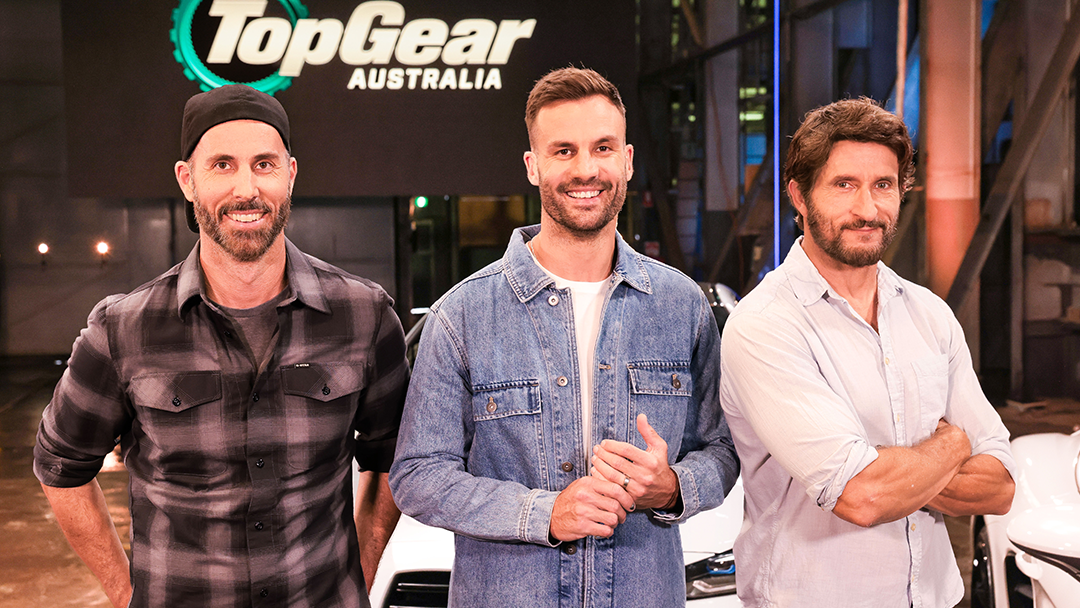
Top Gear Australia was relaunched on streaming service Paramount Plus this year, but nobody is really paying that much attention to it, despite being markedly better than either SBS or Nine’s productions.
The only show that’s recognisable from the same time a decade ago is Fifth Gear.
After the Clarkson/Wilman-helmed Top Gear was fundamentally murdered by a badly-behaved Clarkson physically assaulting a production assistant, the team went on to Amazon Prime’s The Grand Tour. The whole creative team, including producer Wilman and writer Richard Porter (also of Sniffpetrol fame) followed.
Setting aside Clarkson’s oafish and often toxic behaviour off-camera (and in newspaper columns), he and executive producer Andy Wilman are very savvy people. TGT operated roughly as TG had done before but differently enough to avoid the BBC’s laywers. It was a familiar evolution of the format.
The show aired for three seasons and its ambition matched its budget. Like Top Gear it was tweaked in response to audience feedback, with Wilman in particular responding on fan forums and talking about their importance to the shows’ successes and failures.
During the latter half of the 2010s, automotive YouTube created a whole new class of motoring celebrity – putting a lot of noses out of joint – and the team realised that new car reviews were stale by the time they were released on Amazon Prime as part of a season of shows.
Prestige television takes a long time to put together but a review is a review, whether it’s filmed on your phone or with a crew of 20. People want it now and YouTubers and influencers could turn around a review much, much faster.
(Just quietly, I discovered this the hard way with The Redline. By the time I got my hands on a performance car here in Australia – and I remain indebted and grateful to those in the intdustry who supported me – it was old news. Made some good videos, though…)
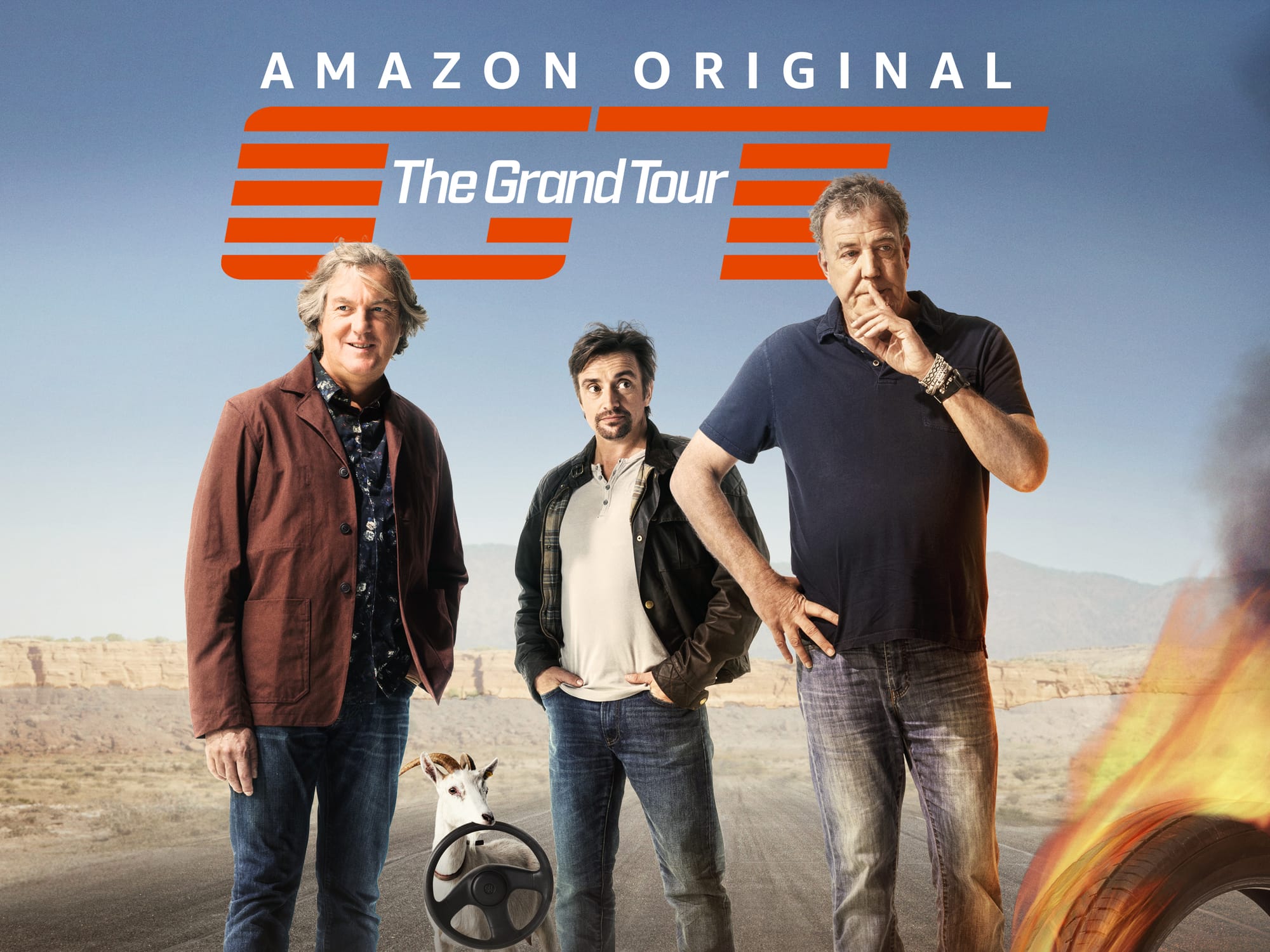
What people wanted to see were the epic specials and so that’s what The Grand Tour became. An emotional Clarkson signed off the final magazine-style TGT at the conclusion of the third season.
From the fourth season, the show became a series of big specials while the hosts went and did other things with their spare time, including weathering a pandemic.
And now in 2024, they’re bowing out altogether. This is a smart decision made by smart people. The trio are too old – particularly Clarkson and May – and Hammond’s many serious injuries are no doubt catching up with him.
Hammond is busying himself with the Drivetribe YouTube channel while also offering moral support to others like AutoAlex’s Alex Kersten and his burgeoning empire of ex-CarThrottle and ex-Overdrive presenters and crew.
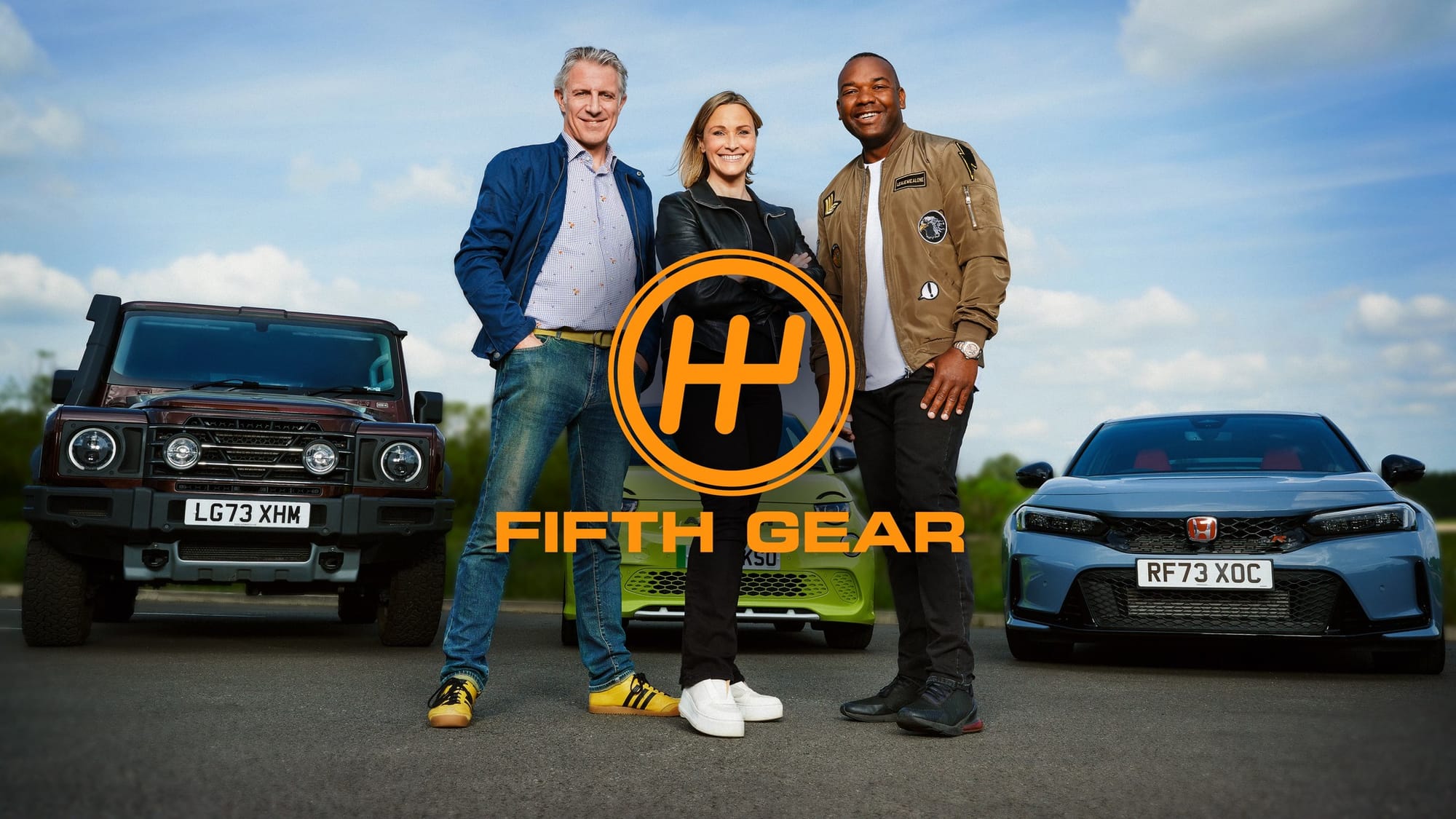
Fifth Gear is soldiering on as it always has, a low-cost, rapid fire show featuring ex-BTCC driver Jason Plato, the tremendously entertaining Vicki Butler-Henderson and now Rory Reid, himself an ex-Top Gear presenter and sometime YouTuber, most recently for Autocar.
Weirdly, Fifth Gear is out on its own, having largely stuck pretty keenly to its winning formula from 20 years ago. It may not be on UK’s free-to-air Channel 4 anymore but instead on Discovery+ and Quest, but it’s still going. It’s still fun and looks great and long may it reign.
The end of The Grand Tour marks the end of a more than two-decade long domination of automotive television by a team that went from a scrappy, under-funded reboot of a BBC consumer advice show to a global sensation.
We love being ad-free, so why not chuck us a few bucks?
Top Gear’s Chris Evans Misstep
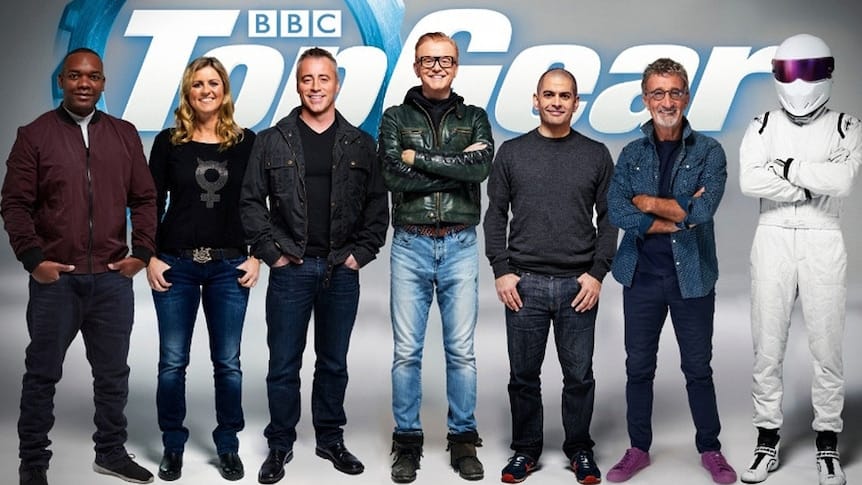
The Clarkson/Wilman Top Gear had two important ingredients.
The first season hade had a false start with the third presenter Jason Dawe. On his own he’s fine but it didn’t work with Clarkson and Hammond. The addition of James May in season two created an instant chemistry.
These three stuck together and remained loyal to each other through scandals (mostly Clarkson’s), injuries (mostly Hammond’s) and…well, May stayed largely out of trouble. But on-screen they were clearly having the time of their lives and that’s what makes TV that is fun to watch, particularly “factual” programming.
By the end of their tenure, it obviously wasn’t purely factual, but you know what I mean. It was hard to tell what was scripted and what wasn’t because they gelled so well.
The second ingredient was that they knew what Top Gear fans wanted and rarely deviated from that. The challenges, the specials, the breakdowns – the British car challenge was absolute peak Top Gear – they got it.
Once the trio had departed under a cloud of Clarkson scandal that turned into a shower of Amazon millions, the BBC had a great opportunity to go back to basics.
Get three car nerds together and let them work it out for a season or two before really getting behind it.
YouTuber Chris Harris was thought to be the absolute front-runner. Names came and went. The fans knew who they wanted if they couldn’t have the other three. Forums were abuzz with speculation. Understandably worried about the losing the show’s momentum, the BBC could have had a good, long think about what to do and how to reboot the show.
Instead, a bunch of television management buffoons who were now the custodians of the brand thought it would be a top idea to sign the searingly unlikeable Chris Evans and put him in charge. Evans had a history of scandal of his own and it’s the kind of galaxy brain move that only television people can make and nobody gets fired.
The BBC has a long history of terrible decisions regarding on-screen talent.
He’s a product of the kind of thinking that let people like Jimmy Savile, Rolf Harris and Russell Brand loose, as well as boosting Nigel Farage’s political career.
I’m not suggesting for a second that Evans is a monster like them because I don’t know and nothing has been to court, but he was certainly no angel nor the automotive-obsessed workaholic that both Clarkson and Wilman are. Even at the time there were standing allegations against him regarding his workplace behaviour.
Matt LeBlanc followed, completely out of the blue. He was at the time in a Showtime-BBC co-production called Episodes. This show was initially filmed in the UK (which was great, by the way) and the folks at the BBC liked him. He seems like a nice fellow so I can see why they like him.
Chris Harris made the cut as did Rory Reid, another successful YouTuber.
Also along for the ride in an expanded cast was the wonderful and much-mourned Sabine Schmitz who didn’t spend nearly enough time on screen.
Rounding it all out was Eddie Jordan, another mystifying choice. I still can’t work out the point of him and to say his spots were cringeworthy is an understatement.
Part of Jordan’s problem was that he had run a very professional Formula 1 team and was hyper-competitive. And he had to be the centre of attention at all times. It’s how he is, he’s a big personality but he’s not a performer and not a team player. He ran that Formula 1 team with the kind of autocracy that is required in that sport and being second fiddle wasn’t his bag.
It just felt like he was a mate of Evans’s who said yes because he had nothing better to do. Problem is, Evans is the same kind of character as Jordan.
The BBC heads seemed to think that because both Evans and LeBlanc owned and liked fast cars, that made them car guys. I don’t think Evans is a car guy, I think he’s an obnoxious rich guy in the mould of Kyle Sandilands who buys expensive cars to show everyone exactly how rich he is.
The Top Gear story where James May drives Evans’s Ferrari 250 GTO (the last one of those changed hands for A$80m) sorely tested my normally-iron constitution until Evans was off-screen.
I didn’t think Evans had it in him to make it work from the start, partly because of the threat of Harris’s existing global popularity with the core audience. LeBlanc’s global star power with GenX sitcom fans would inevitably rankle, too. Only British people knew who Evans was, but even the British press absolutely dragged his version of the show.
The main problem with Evans and LeBlanc was that neither of them were at all relatable. For all their faults – and perhaps because of them – Clarkson’s on-screen persona of oafish incompetence, Hammond’s beaming optimism and May’s Mr Bean-like demeanour, all of it was relatable.
They played characters based on themselves the way LeBlanc did in Episodes (really, it is a great show, LeBlanc is funny and self-aware as you’ll see in this trailer).
Matt LeBlanc and Chris Evans were both fabulously wealthy celebrities and the latter had a great deal of control over the show, at least early on. It became a complicated and bigged-up version of what went before, but none of it was all that interesting except for Harris and Read and the occasional Schmitz appearance.
LeBlanc was oddly downbeat in his presentation as though being himself made him uncomfortable. Which is hilarious given Episodes followed an amped-up, rogueish version of himself navigating his relationship with the writers of a US remake of a popular British television show into which he had been incongruently cast.
The irony of his incongruent casting in Top Gear is not lost on me.
Why did this happen?
TV people think they know better. Not the creators of the show, not the people who know the format best and spend years, decades even, polishing, refining, changing and experimenting.
TV people see a success, attach themselves to it and think they know how it works. Often they have no familiarity with the subject matter (or “cars” in this case), the audience or even the source material.
The early days of Top Gear with Wilman in charge were hilariously sketchy, the team regularly reciting the maxim, “Ambitious but rubbish.” The low budget vibe made it all the more enjoyable.
The cast of the newly-resuscitated (and better funded) Top Gear Australia has two hosts that are not known car people. The first is actor and Survivor Australia host Jonathan LaPaglia and the second is ex-footballer and Amazing Race Australia host Beau Ryan.
Ryan even says in the first episode of the show that he doesn’t know anything about cars. He’s very entertaining but it’s not an authentic casting decision – he’s there because he’s famous.
(I was once told I’d never be able to make an automotive TV show because I didn’t have the credibility. I wonder if the same producer hired Ryan…)
It’s almost like TV people think there is a finite number of people who should be on television and they let Blair Joscelyne in to please the fans because a YouTuber did well on the UK version. He’s by far the best person for the job and is great to watch both on Top Gear Australia and in the cultural phenomenon he created with his friend Marty that is Mighty Car Mods.
Ryan is very likeable and very funny but his car knowledge is not there. LaPaglia is somewhere in the middle but it seems like he’s there in between Survivor shoots. I’m sure they’re both lovely people, they’re just not car guys.
The BBC TV people definitely weren’t car people and that was obvious – they’re entertainment people. This is also obvious in the failed international versions because I’ve a pretty good idea that the rights holder is heavily involved in casting decisions and hold a controlling hand over the content, too. In other words, TV people control the brand and its vision and know bugger-all about either.
TV people also don’t understand chemistry, they think they can engineer it. I bet Wilman and Clarkson fought tooth and nail to get May on the show. If you were to ask the people they fought, they’ll tell you they backed his ascendancy all the way because retconning is one of the things they’re really good at.
The now-infamous open casting call for the original Top Gear Australia was a stunt. The three chosen were clearly overlays for the original cast, with Charlie Cox (breaking the rules by being an established TV personality), cartoonist Warren Brown and the only good choice, Steve Pizzati, making up the cast.
(Yes I tried out, yes I got an interview, no I didn’t get anywhere near it and, of course, I dodged a bullet so I’m genuinely not bitter)(I would still like to be paid to make a car show, however)
There was no real chemistry, the writing was terrible and the budget tiny. Revisiting original Top Gear challenges was excruciating because, for example, they only had the money for one carboat.
Australian TV people also had no concept that you can’t ask for a dozen cars and smash them up before handing them back with a shrug. Marketing and PR budgets can’t be amortised the way they can in the UK. It was doomed to fail and a revolving door for two of three hosting positions over a few calamitous seasons didn’t help much.
Car companies pulled their fleets away because too many cars came back in pieces. A move to the Nine Network from SBS wasn’t any help either.
Car shows are dying on TV and streaming because TV people don’t understand car people and don’t hire them often enough to make car programming. When you look at what is working on YouTube – outside of the catastrophically dull influencer sphere – it’s a couple or a trio of blokes messing about with old cars, buying them, fixing them and using them.
(There aren’t enough women outside of the aforementioned obnoxious influencer sphere, but that’s another story for another day)
AutoAlex and Top Dead Center [sic] are clearly capturing the spirit of early Top Gear without forcing it. The cast of both channels left the properties they built which have been ruined by management types coming in and telling them how to do the jobs they’ve been so good at.
Setting up their own shop, they’ve gone back to basics and have rapidly built a following based on a seemingly tireless formula – buy crap cars, see what they can do. Nobody is stopping Top Gear or anyone else from doing this. Except TV people.
While Top Gear had recovered some of its former glory, it was a lucky hit rather than clever management. The audience is still there for the televised car show. Even Amazon thinks so after Richard Hammond suggested last week that TGT may continue with new hosts. Stand by for that disaster.
YouTube hasn’t killed the car show – TV people killed it. And people very much like them tried to kill automotive YouTube too.
Next week, part 2 of this self-indulgent essay on how automotive YouTube’s torrid year could have left us without much to watch.
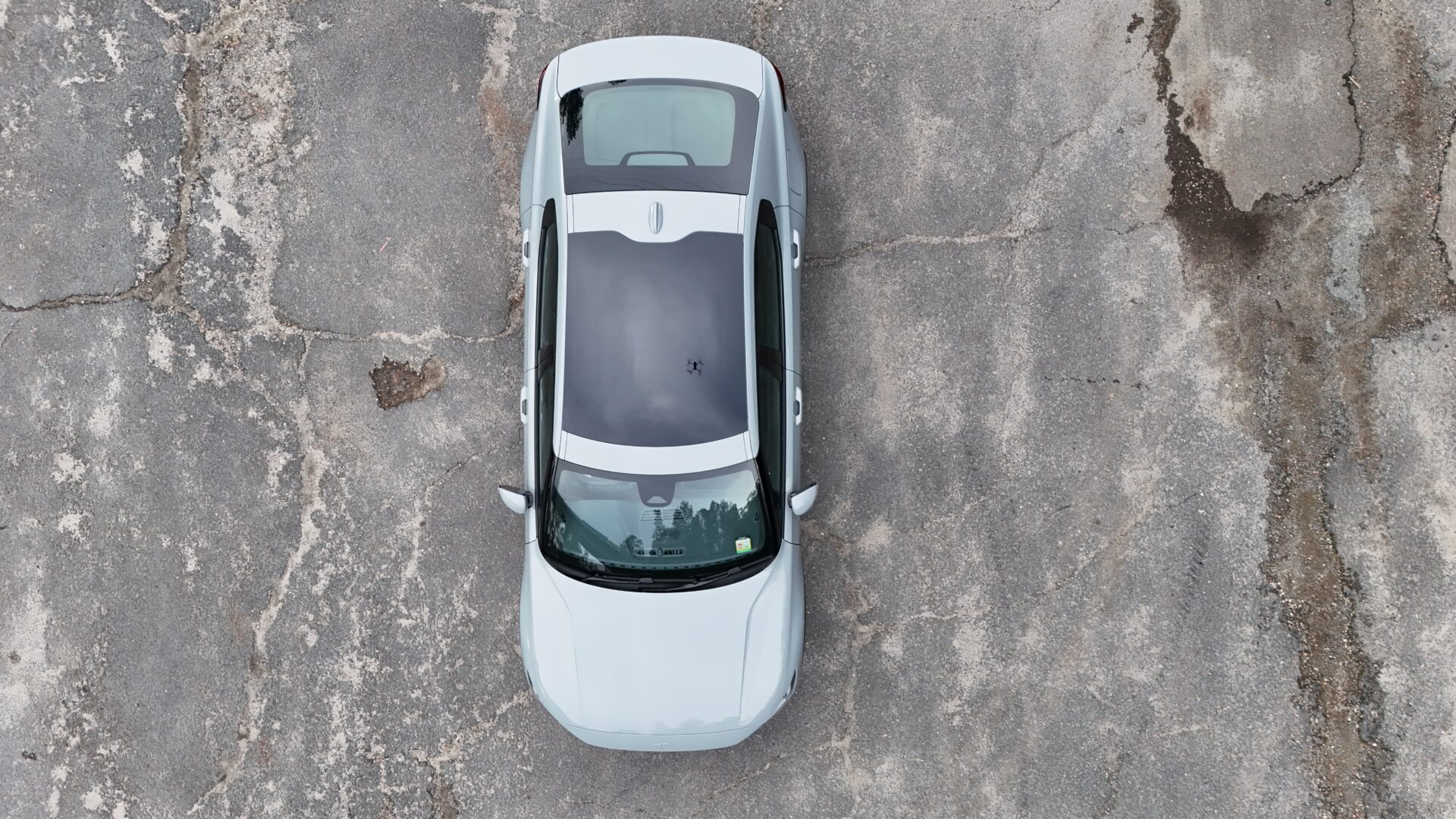


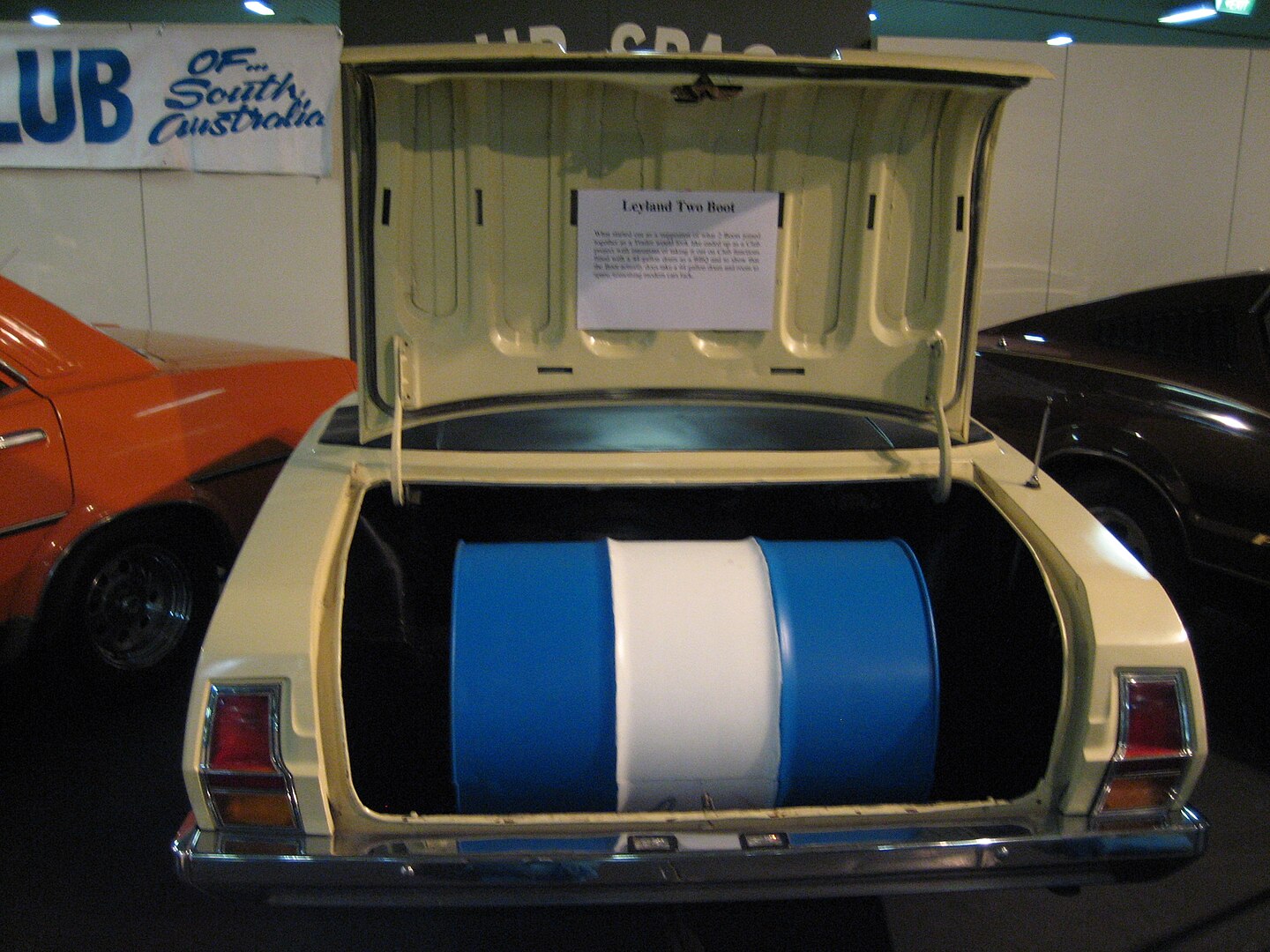
Leave a Reply